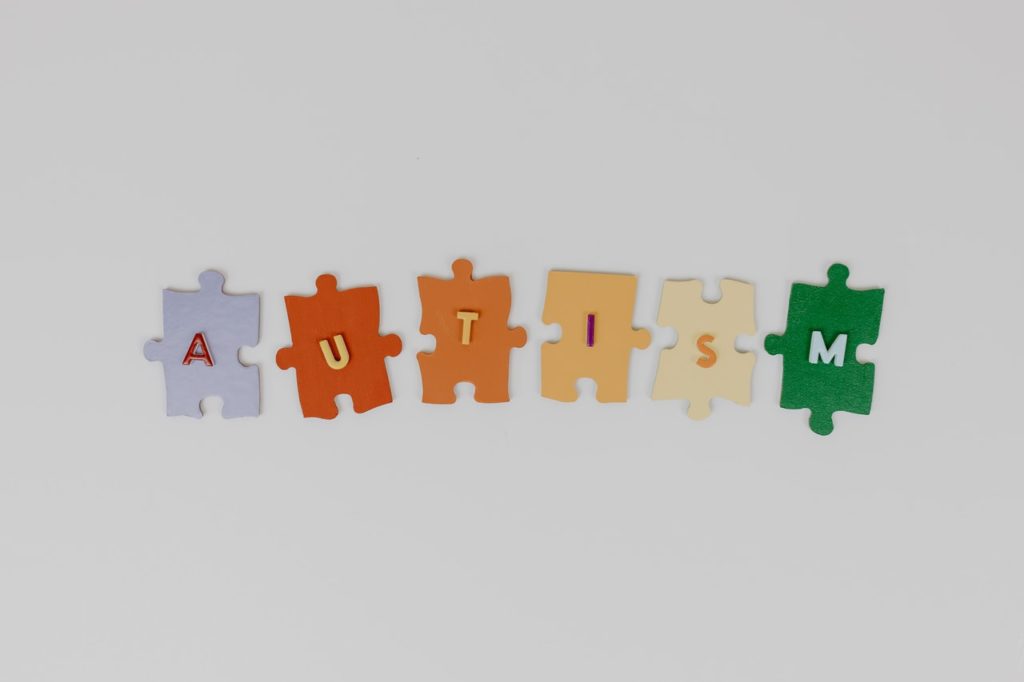Autism
My Autistic Child Makes Me Miserable, How Coordikids Can Help

Autism has many different facets, many different symptoms and many different outcomes. This means we need to address the issues of each individual according to their specific and individual needs, within the frame of reference that make sense to the autistic child and not necessarily to us as therapists or parents Therefore many parents cant help to say my autistic child makes me miserable.
Most of the children diagnosed on the autistic spectrum have mild or often severe problems with sensory processing.
Sensory processing consists of sensory modulation and praxis (motor planning). Sensory modulation is the way the individual react to the sensory experiences in the environment.
It affects behaviour directly and is often seen as behaviour by people not focused on sensory processing.
Praxis is the ability to plan movements, actions and tasks. Dyspraxia indicates an inability to plan. Functionally it results in clumsiness (planning of movements and actions) and in poor organizational skills (inability to plan a task or a sequence of tasks). The latter affects working memory and ideation negatively.
Most autistic people, including the low, average and high functioning individuals, find it easier to use visual cues and to follow visual demonstration than to follow the auditory or verbal instructions.
We use pictures (called visuals) in therapy and advise parents to do the same at home. Visuals assist the child to make choices, to provide cues of what is expected of the child and to encourage positive behaviour.
CoordiKids were developed to make it easy for parents to follow exercises and activities to ensure that their child’s sensory motor skills are well developed. Sensory motor skills are the foundation of praxis.
The video recorded exercises are simple to follow, move gradually from one level to the next in order to provide positive feedback to the child and provide an opportunity for the child to experience success.
The introduction to each exercise or activity is presented verbally but a summary of the goal and specific requirements are provided in written form.
The autistic child finds it easy to follow the video recordings and many can comprehend some, if not all, of the words written in the introduction.
The program is used in the safe environment of the home without competition or comparison with the skills of others. The autistic child has the opportunity to observe an exercise or activity over and over until the child feels safe to attempt it.
It depends on the individual needs and progress of each child but it can be used with a close sibling or with the rest of the family. This can encourage social skills, turn taking and the feeling of “I can do activities with my family!” which the child is often deprived of.
Positive feedback from parents with a child with autism using CoordiKids, has been that eye contact and interaction improved, the use of language improved and vocabulary has expanded to functional words, used in the correct context.
Older autistic children might be reluctant to attempt unfamiliar exercises, mainly because they want to avoid failure and also because they usually find unfamiliar tasks challenging.
The opportunity to observe the exercises every day for a number of times, will eventually give them the self-confidence to try. This can be done in solitude or with specific family members who will provide a safe, non-judgemental environment.
Positive feedback from the child’s own body, and/or from others will encourage self-confidence and an attempt to participate in the other exercises as well. At first it might be necessary to progress very slowly from one fortnight to the next.
You might need to repeat a fortnight several times before the child is ready to achieve success and to meet the expectations set for each exercise. This does not matter as you have 3 years to work through the program.
However, you’ll find that as soon as the positive feedback is obtained, the child will be keen to participate and should find it easier to complete a fortnight.
It is important to keep in mind that the child perceives the environment in a different way as we do.
Children in general and specifically the autistic child are accurate with observations and the slightest indication of what they perceive as failure will set them back and they will often refuse to try again.
So move slowly, enjoy the journey with your child and be patient. Success will be obtained.